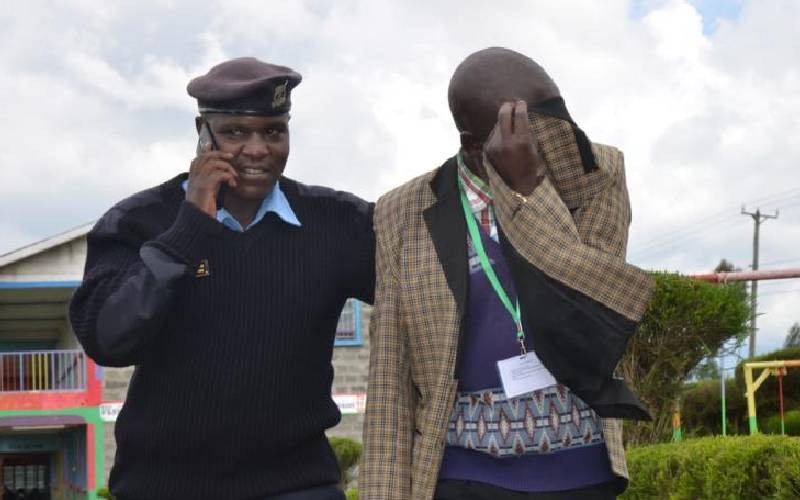
After conducting investigations, the parliamentary Committee on Education has said it has overwhelming evidence of examination malpractices. The committee's chairman Julius Melly said last week, "It is true there was massive cheating (in the 2022 KCSE) and that is why some schools rose from the bottom to top without working hard for it." That, if true, is most shocking.
The release of the results was received with scepticism by a section of Kenyans who doubted the meteoric rise of some hitherto little-known secondary schools. They suspected that the schools were buoyed up by cheating and not hard work as it should be.